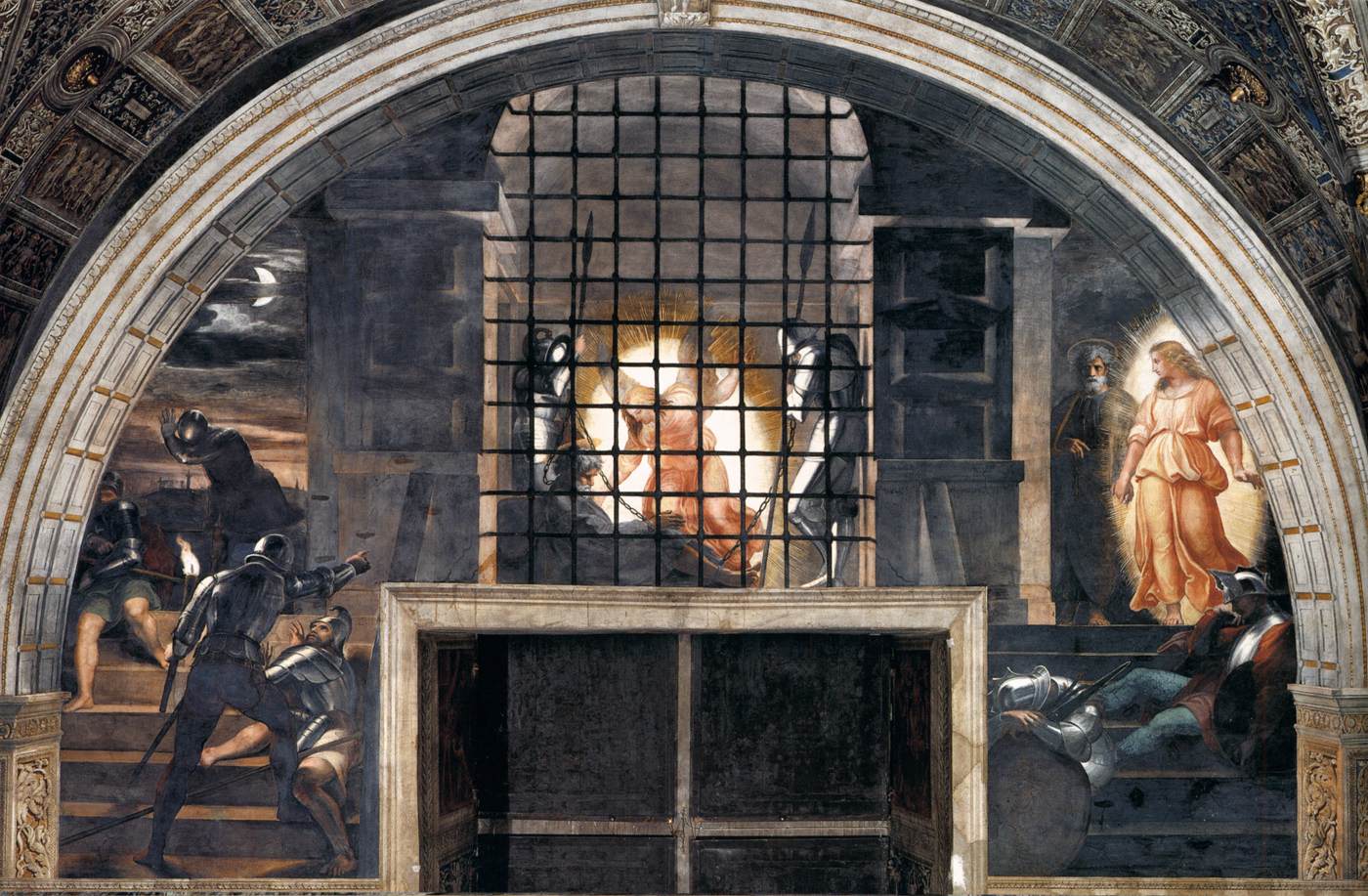From where I grew up on Division Avenue in Washington, D.C., it was eight blocks to the East Capitol Library. The route was through the Lincoln Heights Houses, a notorious public housing project, but I walked it by myself at least once a week. This was the late 1980s; bullet casings and baggies littered the ground. Crack never came in vials in my neighborhood.
At East Capitol, I escaped that reality. I traveled the world: China, England, Africa. I listened in wonder to stories of the great ancient library at Alexandria in Egypt, which in my mind was a hundred stories tall and where all the sailors came to find maps of the world. I checked out children’s versions of classics and read them at night, wrapped in my sheet on the floor….
I thought, The world is so big. It’s full of ideas and people. I can go anywhere. I can do anything. I can be anyone I want.
It didn’t happen. At 17, I killed a man in a confrontation. I was sentenced to life in prison with no hope of parole. I sat on my bunk that day, in my solitary confinement cell, and cried, because my life was over.
About a year later, I noticed an inmate named Steve. He was a lifer like me, in since 15, but he read books every day, all day. One day, I asked what he was reading. He showed me a book on computer coding. I laughed in his face. We didn’t even have computers at Patuxent in those days. Who was he fooling?
But I admired his persistence, and I admired his optimism. Steve didn’t care what other people thought. He didn’t care about the odds. Despite his impossible sentence, he was determined to make something of his life.
So I started reading. Not computer coding! I read about entrepreneurs like Mark Cuban. I read about historical figures like Frederick Douglass, Leonardo da Vinci, and Napoleon. I loved Napoleon, because he was an outsider like me. Nobody wanted him. But he went to a library and learned everything there was to know about military tactics so he’d be ready when they couldn’t deny him anymore….
I didn’t just live for that library. I lived because of that library. The Patuxent prison library saved me from crushing despair. It saved hundreds of other guys, too….
People often ask about my favorite book. It’s 500 Spanish Verbs, a book I carried with me every day for more than four years while I taught myself the language. (I’m fluent in Italian, too.) For me, that book is a symbol of my hard work and commitment.
But there’s another story that has stuck with me since childhood. One day, during story time at the East Capitol Library, a librarian read us Plato’s “Allegory of the Cave.” It’s about a group of people chained in a cave, where all they can see are shadows on the wall. They believe those shadows are the whole world, and they argue over those shadows, and they make those shadows their lives. Then, one day, a man escapes, and he goes to the surface, and he sees the real world: blue sky, green trees, warm sun. He’s so blinded by the beauty and possibilities that all he can do is cry.
That story exploded in my nine-year-old brain. I checked out Plato’s “Allegory of the Cave” (children’s version, with illustrations) that same day, and I read it over and over again, night after night, wrapped in a sheet on my bedroom floor. Outside, it was automatic gunfire and squealing tires. That’s the sound I remember most from my childhood: squealing tires. But inside, I felt the exhilaration of freedom.
Because Plato’s story was about me. I was living in a cave. My whole world was my neighborhood. But I knew — I just knew — I was the man who was getting out.
Chris Wilson’s book The Master Plan is due out next year.






Leave A Comment